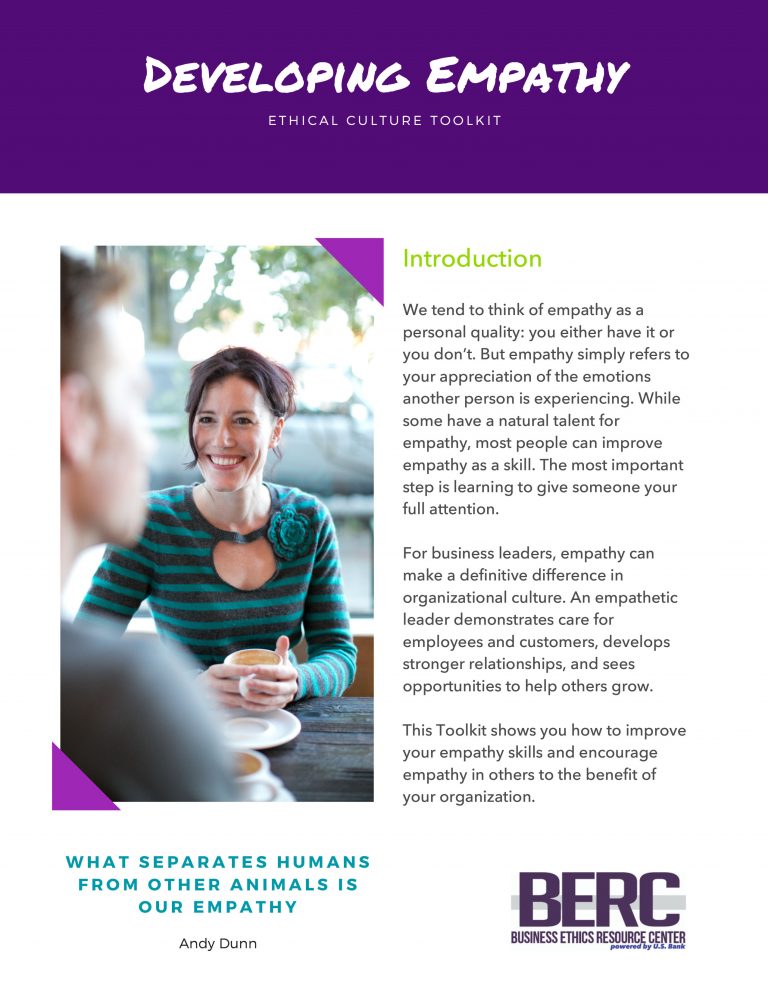\John Greniuk, Compliance & Ethics Contributor, BERC
For the first in this series, and a backgrounder on the Robinhood/Gamestop situation, please click here.
On February 18, 2021, the House of Representatives questioned Robinhood CEO Vlad Tenev. The House was seeking answers to what led to the chaos of January 28. Lawmakers questioned Robinhood’s business model and the decisions led to the trade restrictions.
Early into the hearing Tenev apologized for “what had happened,” but did not elaborate further on exactly he was apologizing for. While lawmakers seemed to feel an apology was warranted, they also sought to understand why, in Tenev’s eyes, Robinhood’s users were receiving an apology. This led to over five hours of questioning not only directed at Tenev and Robinhood, but also to the CEO of Citadel Ken Griffin, along with the CEO of Melvin Capital Gabriel Plotkin.
Citadel and Melvin Capital were relevant to the inquiry because Robinhood executes its users trades through those firms. This practice is known as payment for order flow. While Robinhood was a pioneer of this practice to promote commission-free trading, the novel use calls into question the business model and how Robinhood returns a profit.
Tenev acknowledged Robinhood makes a profit through use of payment for order flow. However, he distinguished this practice, saying that this business model “has become the industry standard for a reason. It’s because it’s good for the customers.” Robinhood became popular for commission-free trading, as the average individual does not have a large amount of capital to invest or trade. Under Robinhood’s commission-free model, more individuals are inclined to make multiple trades because there are seemingly no additional costs to do so. Representatives questioned if Robinhood’s platform truly allows for free trading, or if the costs are merely hidden.
Among the leaders of this questioning line is Rep. Alexandria Ocasio Cortez (D-NY). She asked Tenev “if removing the revenues that [Robinhood] makes from a payment order flow would cause the removal of free commissions.” She further asked, “[D]oesn’t that mean that trading on Robinhood is not actually free to begin with because [Robinhood is] just hiding the costs?” Tenev did not answer these questions as the question time limit was reached.
Both parties are valid in their questions and answers. While Ocasio Cortez pointed out the costs are hidden, and the exact extent of that cost is unknown, Tenev is correct in stating commission-free trading is more appealing to Robinhood’s users.
Access to commission-free trading results in increased use. While this hearing provided a non-specific apology from Tenev and Robinhood, many unanswered questions remain. Without a complete and transparent accounting of the costs and causes of the trading crisis, it is impossible for lawmakers to determine the best path forward.



Recent Comments